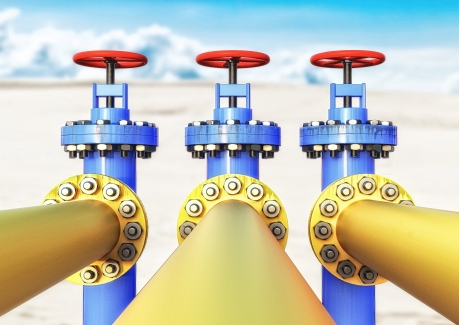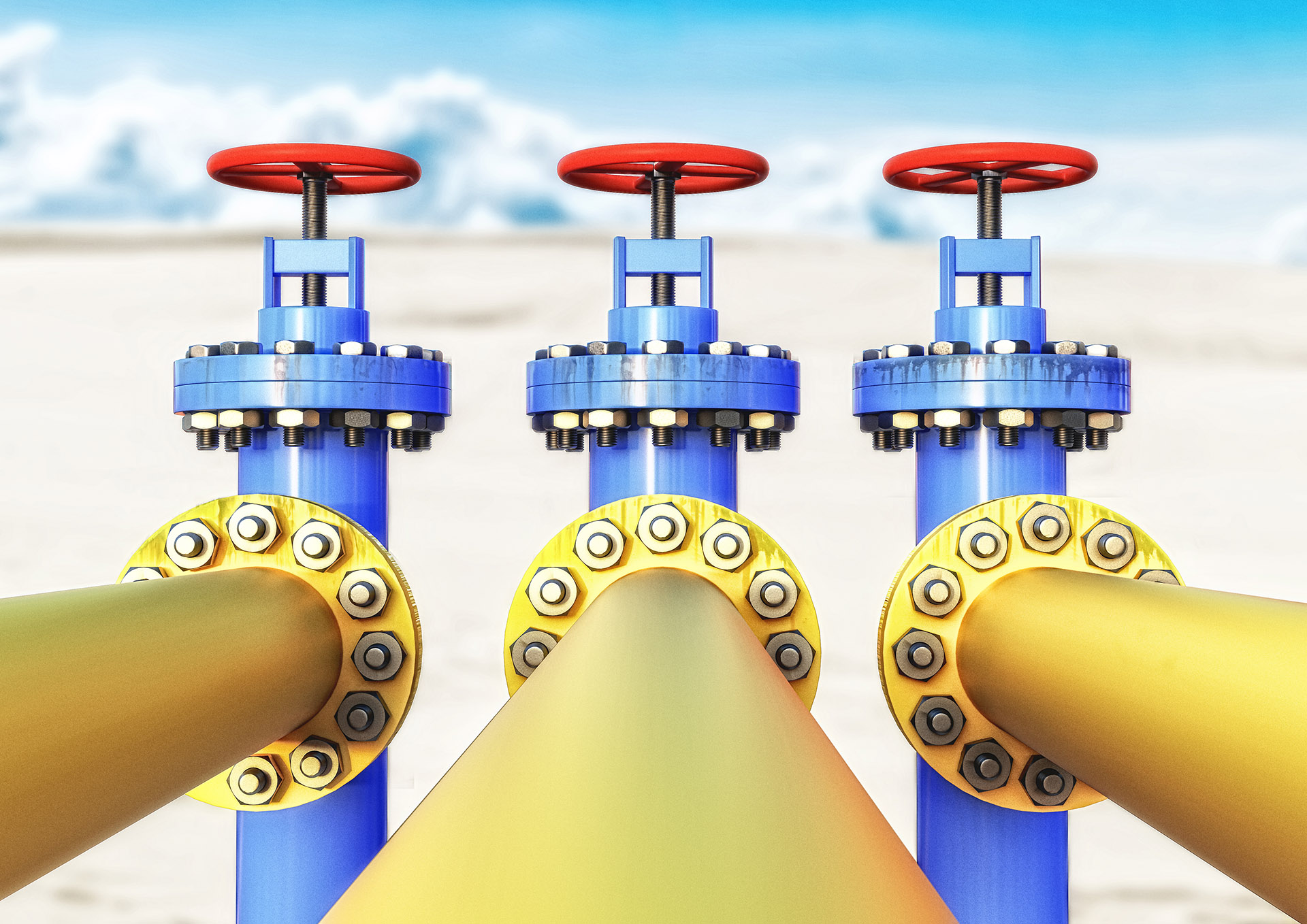DATE
2 min read • Oil, Gas & Other Natural Resources
Arthur D. Little analysis finds fourth revision of proposed EU Gas Directive Amendment fails to address key issues

London, 6 February, 2019 – Arthur D. Little (ADL) today published an in-depth analysis of the fourth revision of the amendment to the EU Commission (EC) Gas Directive, published in February, 2019. Its main finding is that despite appearing to address five key issues, the amendment in fact adds bureaucracy, uncertainty and cost.
The overall amendment aims to meet the EC’s objectives of improving competition and security of supply, but ADL believes the latest revision fails to achieve these aims. Echoing previous ADL reports, the analysis outlines why the entire amendment is unnecessary, and why any issues concerning the functioning of the internal EU gas market are better left until the imminent overhaul of the entire Gas Directive in 2020.
The revision is designed to address five key issues with the previous draft:
- Overcoming the legal conflict between the Directive and the UN Convention on the Law of the Sea (UNCLOS). However, here the revision creates practical difficulties that will drive uncertainty and greater cost.
- Excluding upstream pipelines that are connected to existing processing terminals and production systems from the regulation. The revision solves the issue, but creates discrimination between exporters from different third party countries.
- Providing derogations for existing pipelines, under specific conditions. The reasons stated for granting derogations are either too limited or arbitrary.
- Giving the EC authority to grant member states the right to renegotiate or enter into new gas supply agreements with third countries.
- Clarifying the status of interconnectors and the applicability of Network Codes. The revision fails to resolve the unenforceability of Network Codes due to the definition of pipelines connecting with third countries as interconnectors.
Michael Kruse, Partner at ADL, explains: “While at first glance, this new revision seems to address central problems with the Amendment to the EU Gas Directive, it actually creates more issues than it solves. It shifts greater powers to the European Commission, creates new practical difficulties and fails to address other previously raised concerns. For these reasons it should be abandoned, and any changes left to the forthcoming review of the Gas Directive in 2020.”
To download the full report, please click here: www.adl.com/FourthRevGas

2 min read • Oil, Gas & Other Natural Resources
Arthur D. Little analysis finds fourth revision of proposed EU Gas Directive Amendment fails to address key issues

DATE

London, 6 February, 2019 – Arthur D. Little (ADL) today published an in-depth analysis of the fourth revision of the amendment to the EU Commission (EC) Gas Directive, published in February, 2019. Its main finding is that despite appearing to address five key issues, the amendment in fact adds bureaucracy, uncertainty and cost.
The overall amendment aims to meet the EC’s objectives of improving competition and security of supply, but ADL believes the latest revision fails to achieve these aims. Echoing previous ADL reports, the analysis outlines why the entire amendment is unnecessary, and why any issues concerning the functioning of the internal EU gas market are better left until the imminent overhaul of the entire Gas Directive in 2020.
The revision is designed to address five key issues with the previous draft:
- Overcoming the legal conflict between the Directive and the UN Convention on the Law of the Sea (UNCLOS). However, here the revision creates practical difficulties that will drive uncertainty and greater cost.
- Excluding upstream pipelines that are connected to existing processing terminals and production systems from the regulation. The revision solves the issue, but creates discrimination between exporters from different third party countries.
- Providing derogations for existing pipelines, under specific conditions. The reasons stated for granting derogations are either too limited or arbitrary.
- Giving the EC authority to grant member states the right to renegotiate or enter into new gas supply agreements with third countries.
- Clarifying the status of interconnectors and the applicability of Network Codes. The revision fails to resolve the unenforceability of Network Codes due to the definition of pipelines connecting with third countries as interconnectors.
Michael Kruse, Partner at ADL, explains: “While at first glance, this new revision seems to address central problems with the Amendment to the EU Gas Directive, it actually creates more issues than it solves. It shifts greater powers to the European Commission, creates new practical difficulties and fails to address other previously raised concerns. For these reasons it should be abandoned, and any changes left to the forthcoming review of the Gas Directive in 2020.”
To download the full report, please click here: www.adl.com/FourthRevGas

